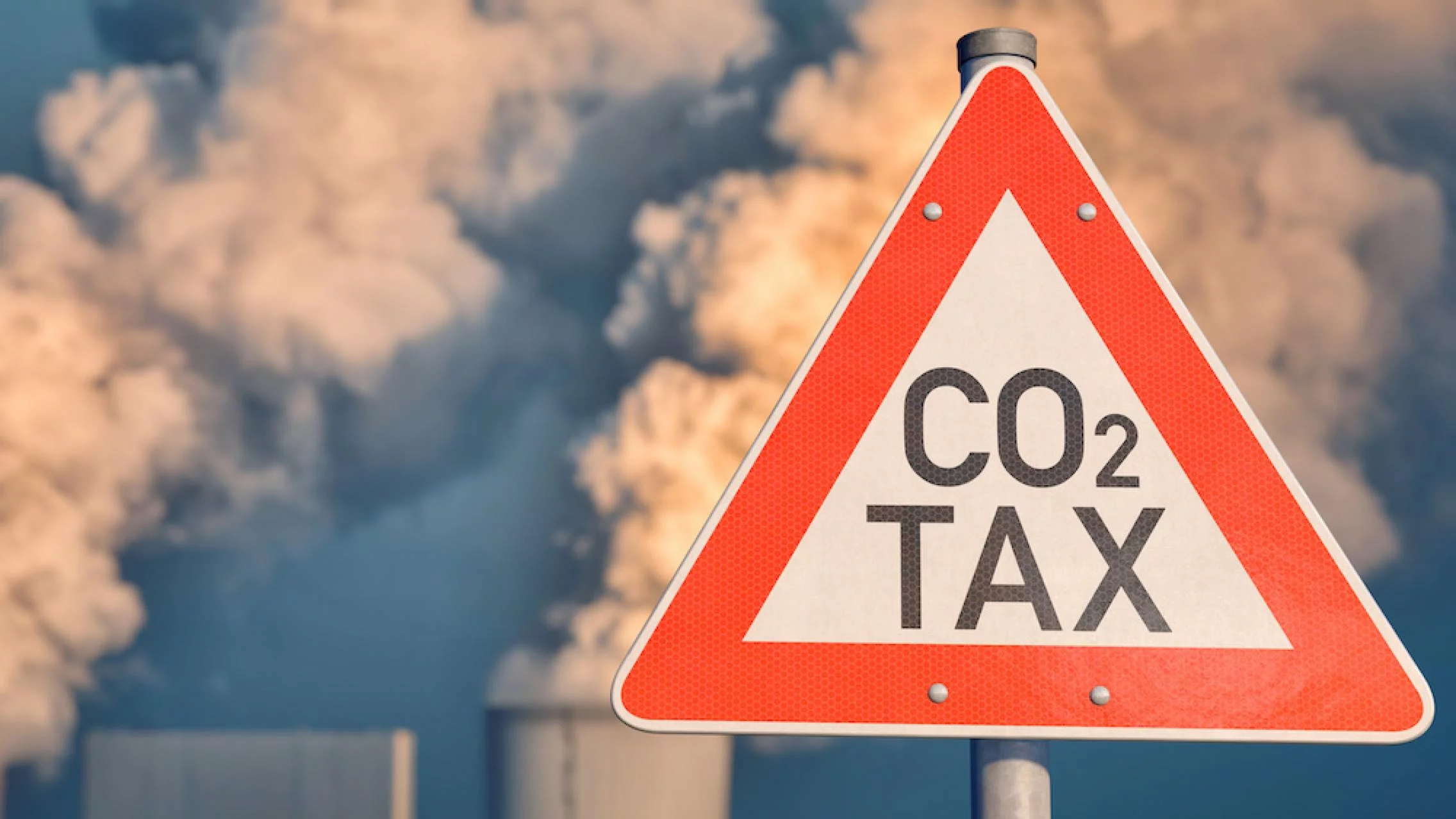 Starting this month, the European Union (EU) began requiring importers to report the CO2 emissions, or carbon emissions, involved in producing a list of imported products, including steel, cement, aluminum, electricity, fertilizers and hydrogen. (EU to launch first phase of world-first CO2 border tax | Reuters)
Starting this month, the European Union (EU) began requiring importers to report the CO2 emissions, or carbon emissions, involved in producing a list of imported products, including steel, cement, aluminum, electricity, fertilizers and hydrogen. (EU to launch first phase of world-first CO2 border tax | Reuters)
The EU imports a lot of Ag and food products, including nuts, edible and industrial oils, animal feedstuffs and cocoa. And in 2026, the list is more than likely to expand to include all agriculture and food products–including the above– imported to the EU.
Why is the EU doing this?
The tax will protect their economy from being undercut by countries that aren’t enforcing climate change as strictly as they are. The import tax will call for a report detailing the emissions created in producing the product that is imported. And if there is no report, there will be an added carbon tax as a penalty. In fact, these initial products, mentioned above, will be penalized a 50EU per ton tax if they can’t accurately report the carbon emissions involved in production.
A 2021 academic study published in the journal Natural Food reported that the food system as a whole – including packaging, transportation and waste management – generates a third of global emissions. Statistics like that led key climate change actors to see agriculture and the food system as crucial to reducing emissions globally. John Kerry, US States Special Presidential Envoy for Climate, sees cutting emissions from agriculture as essential to the global fight against climate change.
“We can’t get to net zero, we can’t get the job done, unless agriculture is front and center part of the solution,” Kerry said.
The current strong EU commitment to climate change is the driving force to enforce this tax. The EU may become to climate change what California is to Corporate Average Fuel Economy (CAFE) standards on US cars. California drives US fuel efficiency standards for the other 49 states. As with California, the EU will set the CO2 standard and the rest of the world will have to follow. And there is no reason to stop there.
It isn’t much of a stretch to see other market implications when every product is turning in emission measurements by country of origin. For a moment assume that Brazilian origin soybeans can be produced with less carbon than US origin? Or Argentine peanuts can be produced with less carbon than US or Chinese origin peanuts?
I can see where crops grown in three different origins have 3 different carbon measurements. This difference will eventually lead consuming companies to pay more for the crop grown in the origin country with the lower carbon measurement to meet their net corporate requirements.
Then it isn’t too far before governments or NGOs use the new measurements. We should expect them to ask countries with higher carbon emission numbers in their crops to take actions as a country and industry to lower their emissions. The higher measuring origin countries will likely get paid less for their goods which becomes an additional “tax.” All as a result of the action started this month on a select list of products.
And there is more.
The impact of another tax on global food production will mean lower production and higher prices. The expectation is that the lower CO2 and resulting impact to climate change is worth the expense. In an ironic twist the non-EU consumer didn’t sign up for the CO2 regulation and journey but they are coming along whether they know it or not.
Preparation for this change is not one simple change and ties into each business differently, depending on the structure and value prop. We can help. Please contact GL Mills and Associates so that we can assist in the important next steps.



